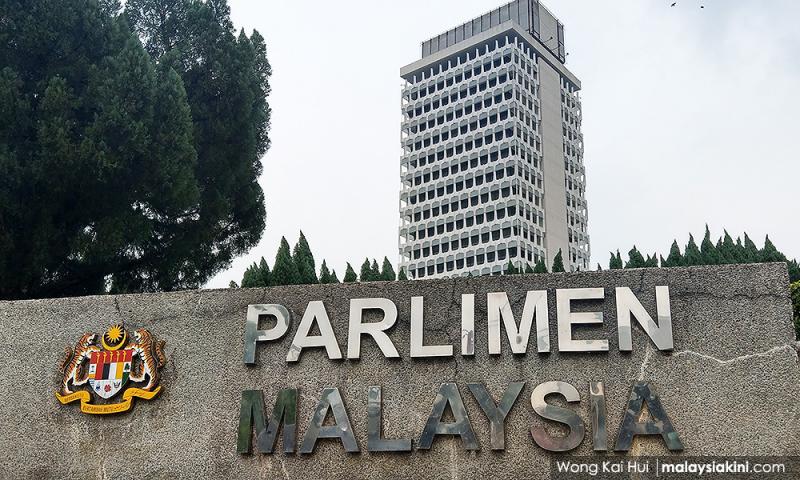COMMENT | Many Malaysians are angry with only the King’s-speech - and the not even one full day parliamentary sitting - as it both insults their votes and wastes their money.
Ironically, this ridiculous scheme also delays a potential assault that would make the Parliament even more expensively useless. That assault is the reshuffling and possibly shrinking of parliamentary committees.
It was in the original one-day business order to appoint a new selection committee, which decides membership of all other committees.
Why does the Parliament need committees? Because size matters and specialisation pays. Ten MPs would work better than 100 in studying bills or scrutinising ministries.
How long do MPs work?
MPs are paid more than most Malaysians – RM16,000 in monthly allowance alone – but they have much shorter days and hours for presence in “the office” – the House of Parliament.
In 2019, the Parliament was convened for only 68 days and six hours for a normal day. It used to be even shorter – in 2017, only 56 days.
In comparison, the UK parliament met around 140-165 days a year in 2000-2014.
What else do MPs when not attending the Parliament?
Besides providing constituency services, dishing out allocations and kissing babies, what useful roles can MPs play?
What do they do?
MPs can be divided into four different categories by their duties.
First, we have the Speaker and deputy speakers, who are paid respectively RM31,000 and RM22,000, for running the country.
In the UK, the speaker must be an elected member but must quit his/her party upon election as the speaker has to be impartial.
Next, we have the ministers and deputy ministers (government frontbenchers), who are paid respectively RM14,907.20 and RM10,847.65 for running the countries.
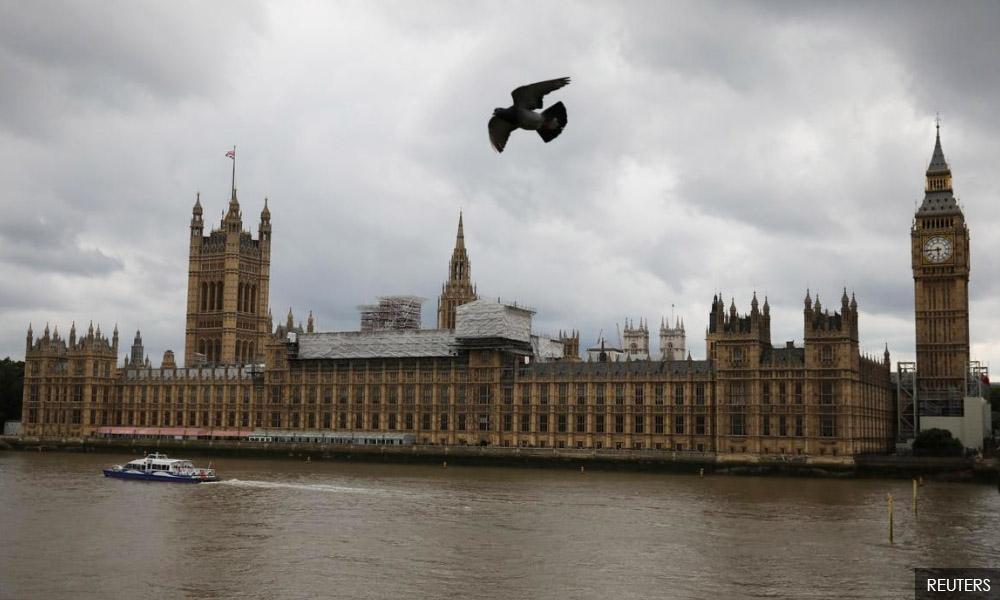
Then, in mature Westminster systems, the main opposition bloc also appoints their shadow ministers to offer a viable alternative to the government – yes, more than just tabling a vote of no-confidence.
Shadow ministers get access to key information from the government to make sure their policies are viable.
Our Parliament recognises the role of Parliamentary Opposition Leader (POL), who is paid RM3,846.59. But our opposition never forms a functioning shadow cabinet.
Finally, other MPs serve on parliamentary committees, some for housekeeping, some to monitor ministries, some to study specific bills or issues. The last two types can conduct public hearings and summon witnesses.
The Public Account Committee (PAC) and those monitoring ministries should consist of only government backbenchers and opposition members (including the POL), collectively known as “private members”.
For a good understanding of parliamentary committees, try this guide by the UK parliament.
Our Parliament has always had five “standing” select committees, on Selection, Public Accounts, Standing Orders, House and Privileges. With the exception of PAC, all others are chaired by the Speaker and normally include some ministers.
Democracy? Form, not substance
After the 2013 election, the 222 parliamentarians consisted of two deputy speakers, 52 ministers and deputy ministers and 168 “private members”.
Thirty private members – 17 from the government backbench and 13 from the opposition bench – were appointed to the five committees.
This left 138 MPs – 77 from the opposition bench and 55 from the government backbench – with no responsibilities in the House.
Every three out of five MPs in the 13th Parliament were not put to full use. Don’t blame the MPs.
Without committees, laws are effectively made by the Attorney General’s Chambers (AGC) when almost every bill is passed without amendment. Policy and budget debates change nothing. Parliamentary questions often get hollow answers.
The Parliament is really functioning as the electoral college of the Prime Minister, but by not exercising its power to sack him.
The half-day, King’s-speech-only sitting on Monday (May 18) is merely showing you the naked truth bare before you. It is not new.
Media and members of the public are led to harp on MPs’ truancy and shouting matches but these are only symptoms, not the disease.
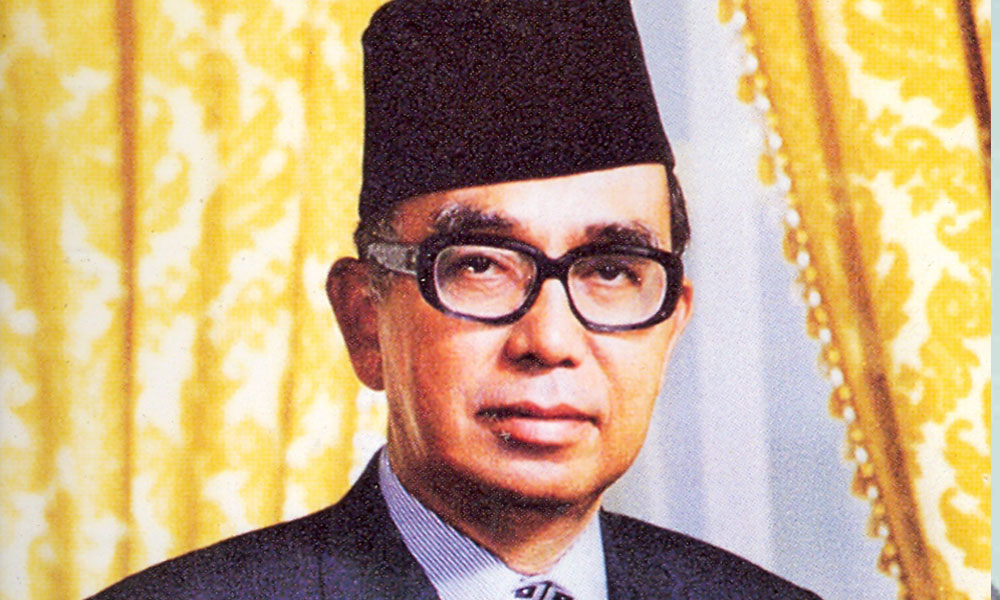
Seven months after the re-opening of Parliament in 1971, former prime minister Tun Abdul Razak (above) proudly told Commonwealth Parliamentarians who convened in Kuala Lumpur: "The view we take is that democratic government is the best and most acceptable form of government. So long as the form is preserved, the substance can be changed to suit conditions of a particular country."
Form. Not substance. From 1971 to 2018, the Malaysian Parliament was meant to be expensively useless.
Parliamentary Reform Under PH
Pakatan Harapan partially fulfilled its promise to “restore the dignity of the Parliament”, a substantial achievement often overlooked by pundits and critics.
Ten special select committees (SSCs) with seven MPs each were set up. (Table 1) While many have not gone far, the Committee on Considerations of Bill chaired by Ramkarpal Singh have had six committee meetings and five hearings (on the IPCMC bill) in October and November.
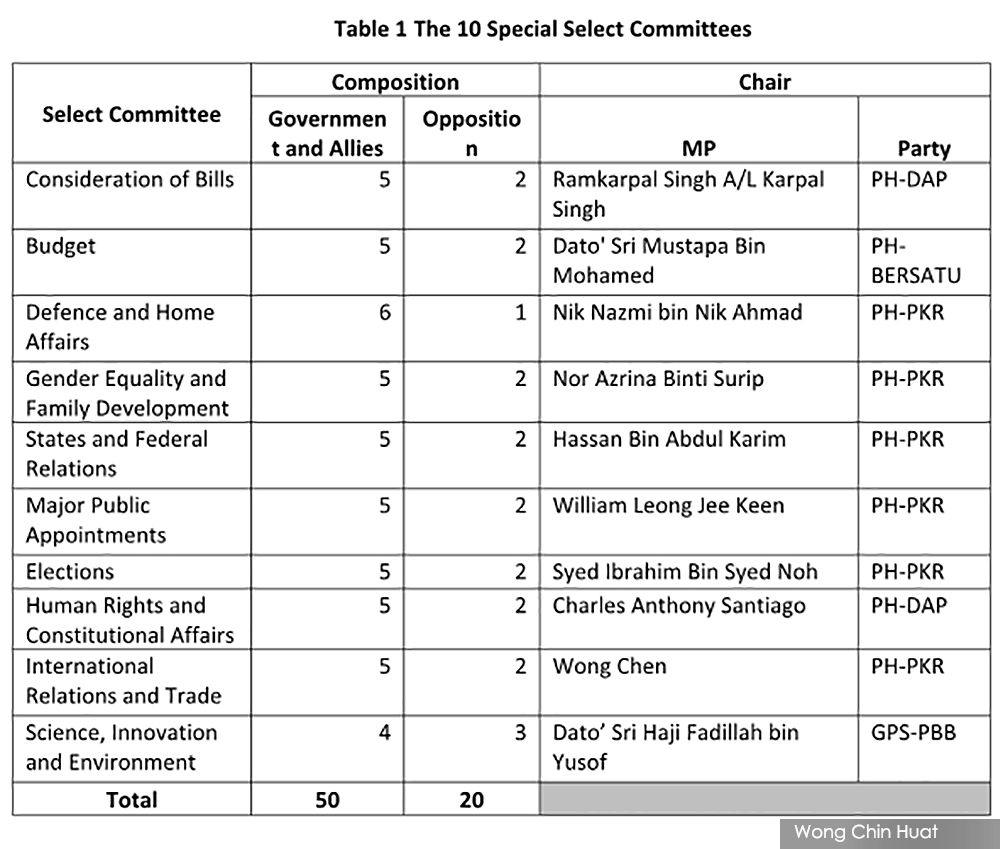
But the reform has not gone far enough.
As many as 82 MPs – 57 from the opposition bench and 25 from the government – were left under-utilised, with no committee responsibility. (Row F in Table 2)
That’s RM 1,312,000 a month underused. Expensive, no?
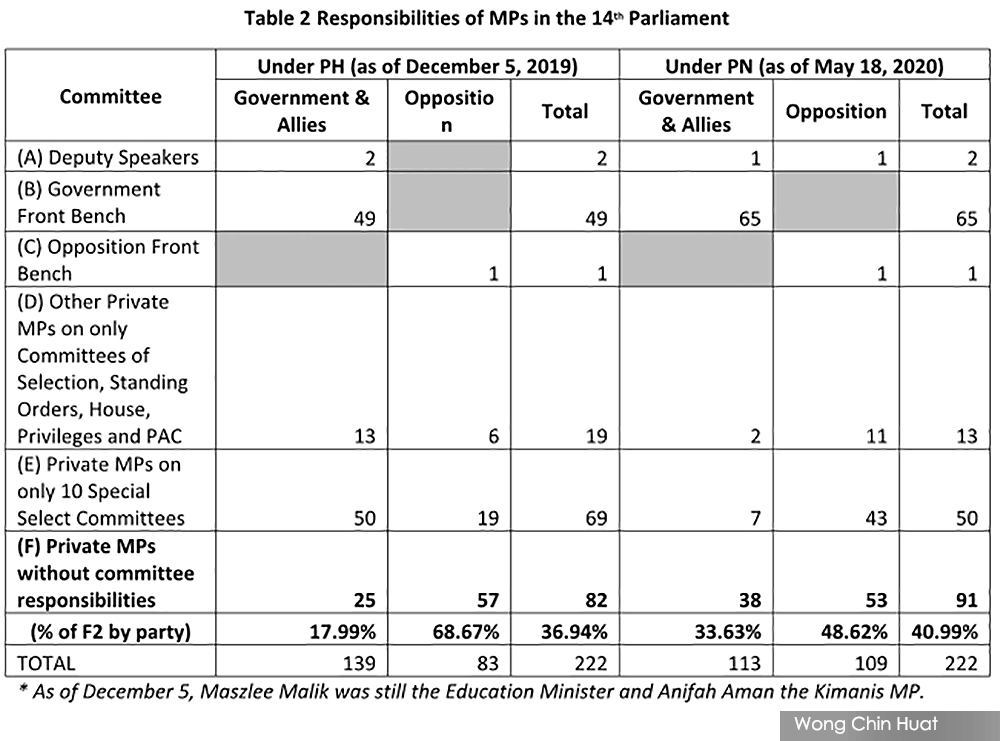
Why can’t the Parliament have more committees so that every private member will sit on at least one committee? Four more were in fact contemplated.
The convenient excuse is budget. You need parliamentary staff to support SSCs.
But, isn’t it penny wise pound foolish to save on, say RM4,000 a month for a secretariat staff so that seven parliamentarians who cost RM 112,000 can be under-utilised?
The real reason was, as revealed by Speaker Mohamed Ariff in April 2019, some quarters within the executive were fearful of a powerful Parliament
And I would add, the fear of a useful opposition. Standing Order 81(1) allows the Selection Committee – dominated by four PH ministers and a PH party chairman to nominate any number of MPs to SSCs. So, why don’t appoint up to 15 per committee so that every MP is assigned a committee?
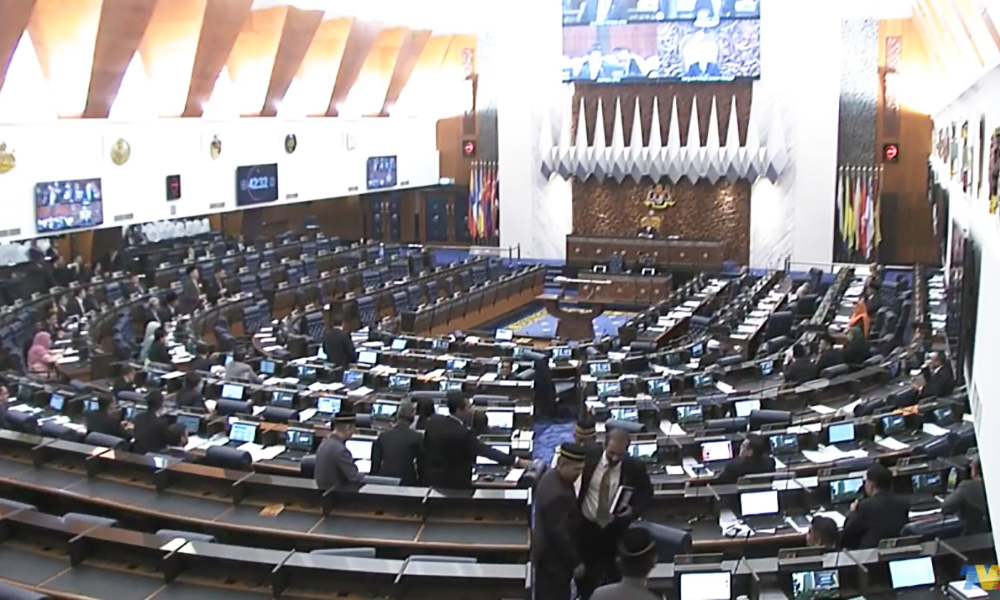
The karma is now coming back to haunt PH when the Parliament is finally reconvened.
The reshuffling of the 10 SSCs and PAC is necessary as they have lost respectively 20 and four members to the government frontbench.
However, since PN has only 38 MPs without a federal executive, House and committee responsibilities, and many may be interested only in heading GLCs than attending SSC public hearings, would the new Selection Committee eliminate some SSCs to ensure PN dominance of all remaining committees?
With former ministers and opposition MPs swapping places, now there are already 91 MPs underused, or RM1,456,000 in monthly allowance. Will there be more after committee reshuffling?
If Mahathir and PH are serious about parliamentary democracy, move on from the no-confidence vote that will not happen or will lose to GLC appointment.
Saving the parliamentary committees is the real battle after the farce on Monday.
WONG CHIN HUAT is an Essex-trained political scientist working on political institutions and group conflicts. He currently leads the clusters on electoral system and constituency delimitation in the government’s Electoral Reform Committee (ERC). Mindful of humans’ self-interest motivation while pursuing a better world, he is a principled opportunist.
The views expressed here are those of the author/contributor and do not necessarily represent the views of Malaysiakini.




